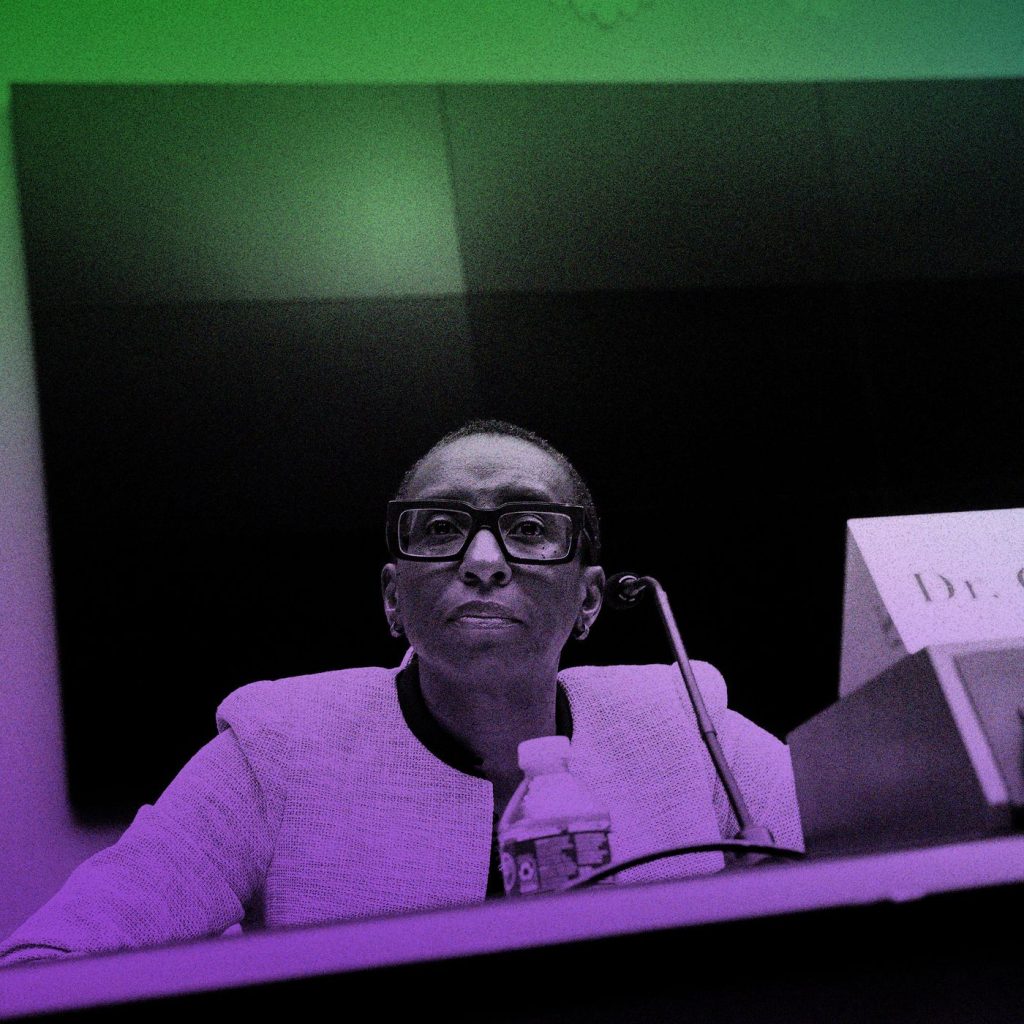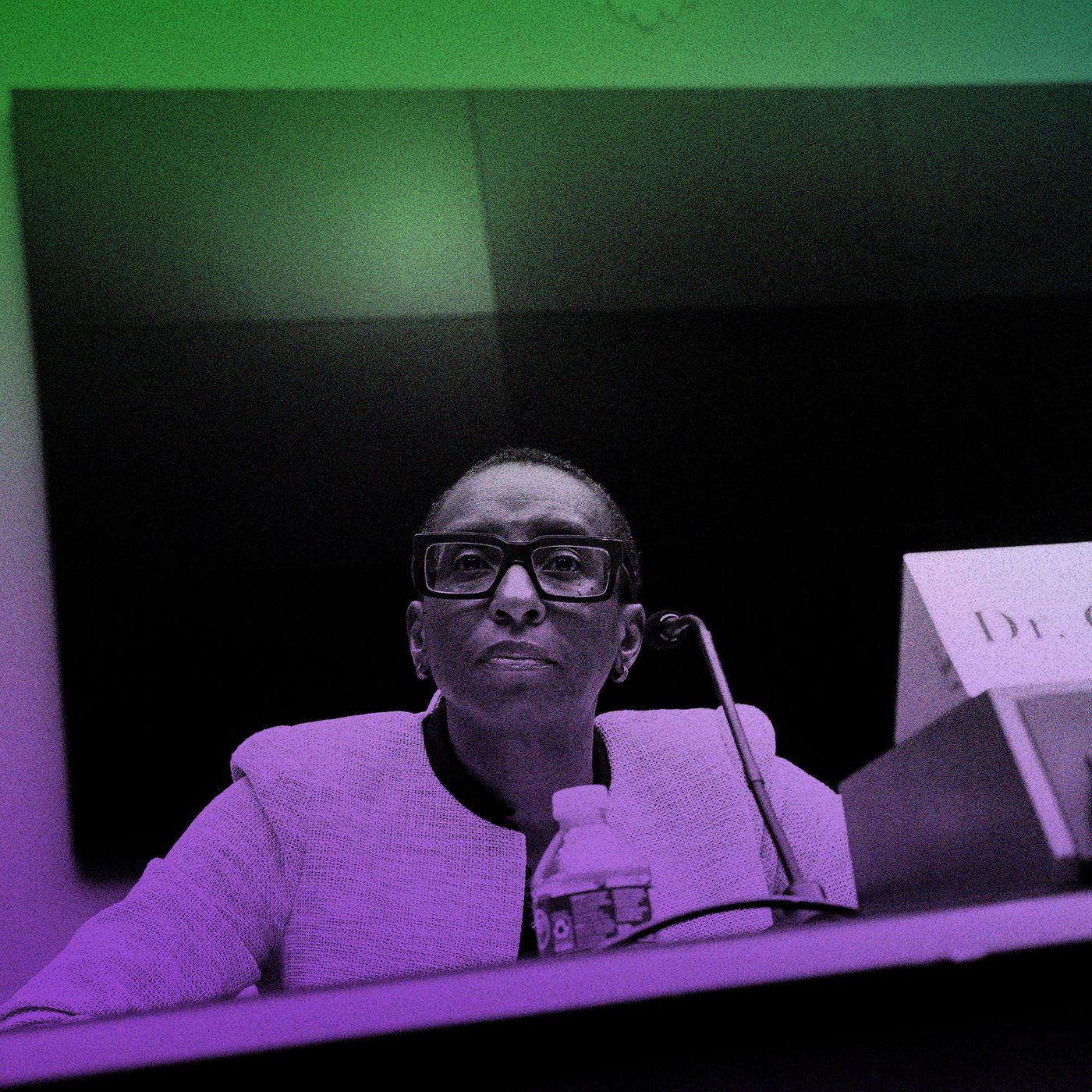
Artist Cancels Harvard Talk Citing Concerns Over Academic Freedom

Title: Artist Janiva Ellis Cancels Harvard Talk in Protest of University Actions
Artist Janiva Ellis and art historian Rizvana Bradley have withdrawn from a scheduled talk at Harvard University’s Carpenter Center for Visual Arts, citing concerns over actions taken by the university that they believe compromise academic freedom and fail to stand in solidarity with marginalized voices. The talk, set for April 3, was ultimately canceled following their withdrawal, marking a significant moment of protest within academic and creative circles.
Ellis, whose artwork is currently on view at the Carpenter Center, used her Instagram platform to publicly announce the decision. At the heart of their protest is growing dissatisfaction with Harvard’s recent administrative moves, including the dismissal of faculty leaders from the university’s Center for Middle Eastern Studies and the halting of a research partnership with Birzeit University, a Palestinian institution located in the occupied West Bank.
These developments, occurring within days of each other, have raised alarm among faculty, students, and artists concerned with academic freedom, institutional independence, and equitable global partnerships.
University Actions Under Scrutiny
The Center for Middle Eastern Studies (CMES) came under fire when administrators removed certain faculty leaders over what was described as “insufficiently balanced programming on Palestine.” This action was swiftly followed by the suspension of Harvard’s School of Public Health’s collaboration with Birzeit University, an act that many view as political and discriminatory.
Ellis, in her statement, called out these measures explicitly, framing them as part of an escalating trend of suppression related to academic programming and international solidarity. She criticized Harvard’s response to growing political pressure from the federal government under an increasingly conservative context, especially the Biden–Trump federal oversight debate over perceived campus antisemitism.
In a pointed reference, Ellis alluded to a public letter issued by Harvard President Alan Garber on March 31. The letter, which addressed the possibility of losing up to $9 billion in federal funding over ongoing federal reviews, emphasized Harvard’s position regarding campus speech and allegations of antisemitism. Ellis argued that Garber’s tone showed a “capitulatory orientation to the Trump administration’s intimidation,” reflecting a climate of institutional appeasement rather than ethical resistance.
Solidarity and Artist Resistance
Ellis’s withdrawal from the event is not a solitary act but rather an expression of wider solidarity among academics and student groups who feel their voices and causes are being silenced. Notably, she raised concerns about Harvard’s treatment of the African and African American Resistance Organization (AFRO), a student group that has reported difficulties accessing university spaces due to their status as an “unrecognized” organization.
“Solidarity with those who face oppression is crucial, and we stand firmly with those advocating for it,” Ellis emphasized.
The Carpenter Center responded with support for Ellis and Bradley’s decision, highlighting the importance of allowing artists and scholars to share their work and perspectives in a manner aligned with their values. “We respect Ellis’s and Bradley’s choice of using their platform at this critical moment and remain dedicated to supporting artists and scholars,” said a representative in a statement to Hyperallergic.
Broader Implications for Academic Freedom
This development represents more than just a canceled talk. It signals deepening tensions between university governance and the principles of intellectual autonomy and ethical global engagement. Artists like Ellis use their platforms to call out perceived injustices, engaging with institutions not only as featured creators but also as moral stakeholders.
The impact of such actions can reverberate far beyond campus walls. As Western academic institutions reckon with their roles in global justice, particularly in relation to the Middle East, Europe, and other geopolitically sensitive regions, these internal conflicts magnify the importance of inclusive dialogue and institutional transparency.
Final Thoughts
Janiva Ellis’s protest underscores the growing intersection of art, academia, and activism. In an era where artists increasingly take public stances against systemic inequities, institutions face rising pressure to address their complicity in larger socio-political dynamics. By withdrawing from the Harvard event, Ellis and Bradley have sparked a critical conversation around academic freedom, institutional ethics, and the power of artistic resistance.
As universities navigate these challenging waters, the integrity of their decisions and the authenticity of their commitments to inclusion and free inquiry will shape not only academic culture but also public trust in higher education.